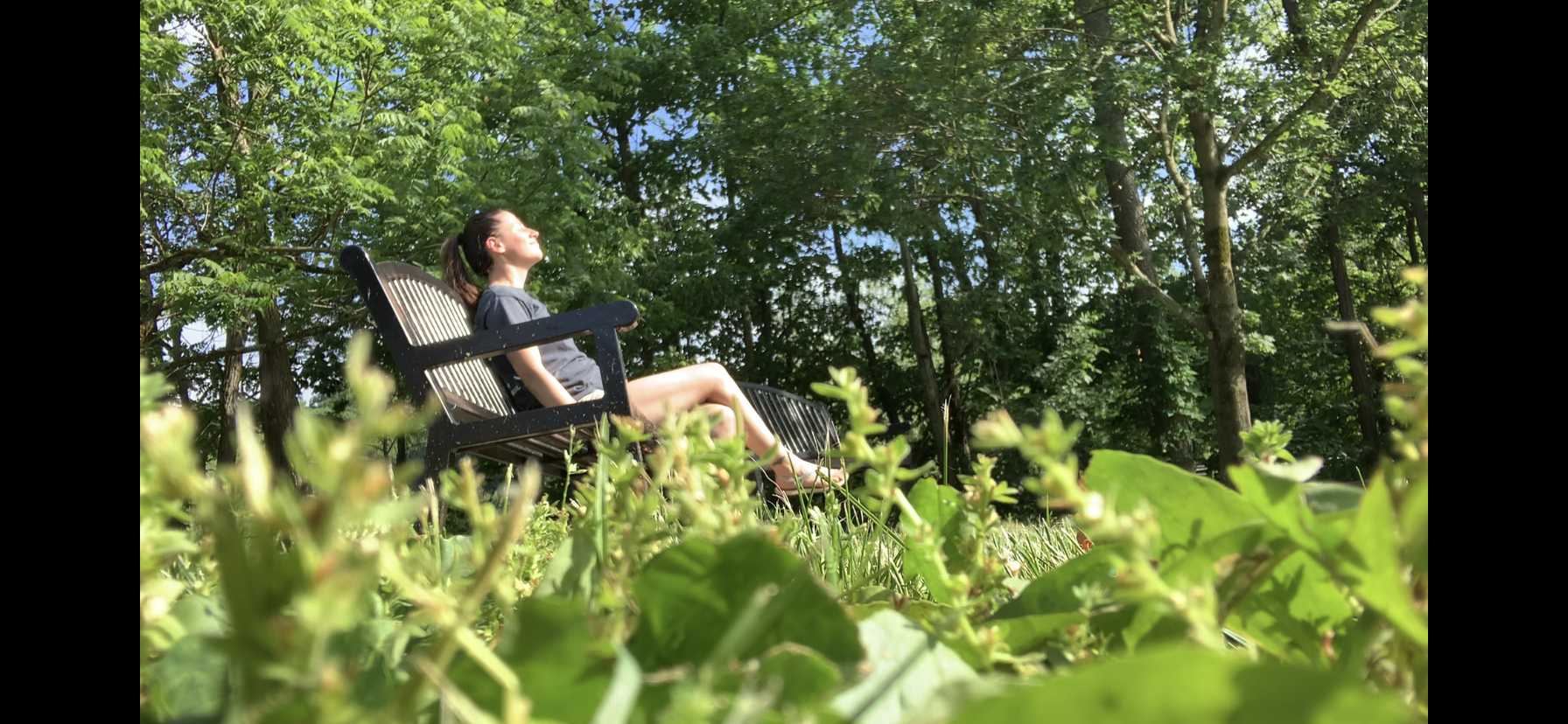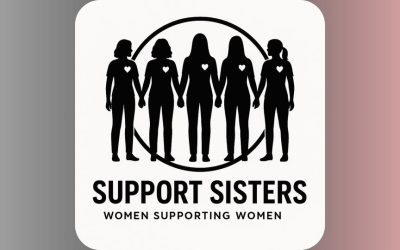Listen to the Pgh Dreamer’s Podcast: https://podcasters.spotify.com/pod/show/meghan-greenwood/episodes/Why-Time-Changes-Suck-e2gu5ss
Humans, along with most living creatures, function over a 24-hour cycle. Our behaviors, mental health, and physical health over that time period are considered parts of our circadian rhythm.
And our biological clocks are truly biological – they are controlled by a system of genes (and in turn, proteins in the brain) that effectively switch on and off throughout the day. These proteins control functionality throughout your entire body and regulate melatonin production. As it gets darker, we are wired to make more melatonin, the hormone that causes sleepiness.
Therefore, when we live through daylight savings time, not only is our sleep affected, but we also deal with a lot of other changes. Our circadian rhythm helps control our appetite, temperature, and stress level.
In terms of appetite, your biological clock decreases your hunger as you get closer to bedtime, thus allowing you to basically fast overnight while you sleep. If you stay awake too long (think midnight snack) or wake in the middle of sleep with strong hunger pangs, you could have a disrupted circadian rhythm.
Temperature also cools as you get closer to bedtime. Body temperature regulation further produces melatonin, so our ‘powering down’ also helps drive sleepiness.
Stress, or levels of cortisol among other hormones, are also regulated by your biological clock. Cortisol naturally decreases as the day unfolds; however, as I’m sure several of us with Vitamin D lamps in the Northeast are aware, the early onset of evening darkness certainly factors into our mood. Seasonal depression and other forms of depression and anxiety are certainly impacted if our rhythms and sleep are thrown off.
So as we embark on yet another spring forward, I hope that more daylight leads to better moods; and you are able to transition quickly to a new sleep schedule…again.





0 Comments